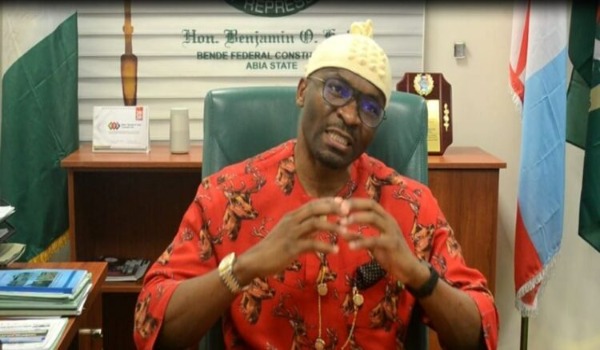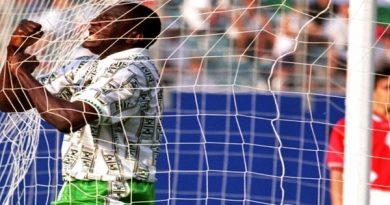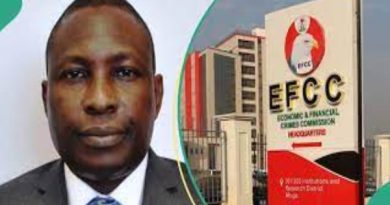Sit-At-Home: Deputy Speaker laments Southeast N4trn loss; Security agencies on highest alert, Mbah assures residents; ‘the handiwork of a criminal enterprise’_Obi
The Deputy Speaker of the House of Representatives, Hon Benjamin Kalu, has lamented the economic cost of the sit-at-home order introduced by the proscribed group, the Indigenous People of Biafra (IPOB), in the Southeast.
According to Kalu, the enforcement of the order, which usually crippled both economic and social activities in the region every Monday, is responsible for the loss of about ₦4 trillion.
The sit-at-home measure is a form of civil disobedience introduced by the IPOB two years ago to press for the release of its leader, Mazi Nnamdi Kanu, who is being held in the Department of State (DSS) custody.
Armed men and other groups claiming allegiance to IPOB usually throng the streets across the five states of the region every Monday to ensure that residents comply with the order.
Speaking at the ‘All Markets Conference 2023’ with the theme: ‘Catalysing Partnership with Traders through Innovation, Technology, Analytics & Sustainability’ in Lagos on Friday, July 14, 2023, Kalu complained that the sit-at-home order has stifled the economic growth of the region.
The Deputy Speaker, who delivered a keynote address at the event, also said the situation has discouraged potential investors from coming to the Southeast, thereby calling for collective efforts by all Igbo people to put an end to the menace.
Kalu also advocated for the revival of the Igbo apprenticeship system which, according to him, has produced successful businessmen and women, stressing that it should not be allowed to fall into extinction.
He said, “The existential threat to Igbo entrepreneurship and businesses now is the insecurity and sit-at-home problem in the South-east. The mutation of this problem is largely unfathomable. It is becoming a cankerworm that is eating deep into our collective fortune as a people.
“We have to rise up to nip the problem in the bud. The first wave of the migration of Igbo businesses post-civil war was in the late 1980s and the 1990s, when, due to incessant kidnappings, thievery and a rise in occultism, Igbo businesses domiciled in Igboland moved en masse to other parts of Nigeria and the West & Central African region to thrive.
“We are currently witnessing the second wave of such migration of Igbos businesses, this time around, due to the insecurity and the sit-at-home problem in our beloved region.”
Meanwhile, Governor Peter Mbah of Enugu State has assured residents and visitors carrying on businesses in the state of their safety, stressing that his administration has already placed security agencies on the highest level of alert to forestall security breaches and safeguard their lives and property.
The governor gave the assurances in Enugu at a meeting with the Presidents-General (PGs) of all the autonomous communities in the state where he bemoaned the devastating impacts of the unlawful sit-at-home.
He further enjoined them to erase everything about sit-at-home in the state from their memories, said the government was doing everything necessary to liase with other neighbouring states in order to dislodge criminals from all their hideouts.
Also, the presidential candidate of the Labour Party, Peter Obi on Thursday in a tweet that has now gone viral described the sit-at-home directive in the south east, imposed by a group of Biafra Agitators as the handiwork of a criminal enterprise. Peter Obi called on security agencies to take urgent steps to deal with the heightened insecurity in the region and crime across the country.
He clarified as well that the Indigenous Peoples of Biafra have disowned the sit -at-home directive and also commended south-eastern governors for their efforts in curbing criminal activities in the region. One of the reactions to Peter Obi’s tweet was from a self proclaimed prime minister of the Biafra republic government, Simon Ekpa who lives in Finland.
Ekpa in responding to Obi, described him as a spokesperson for the indigenous peoples of Biafra.




